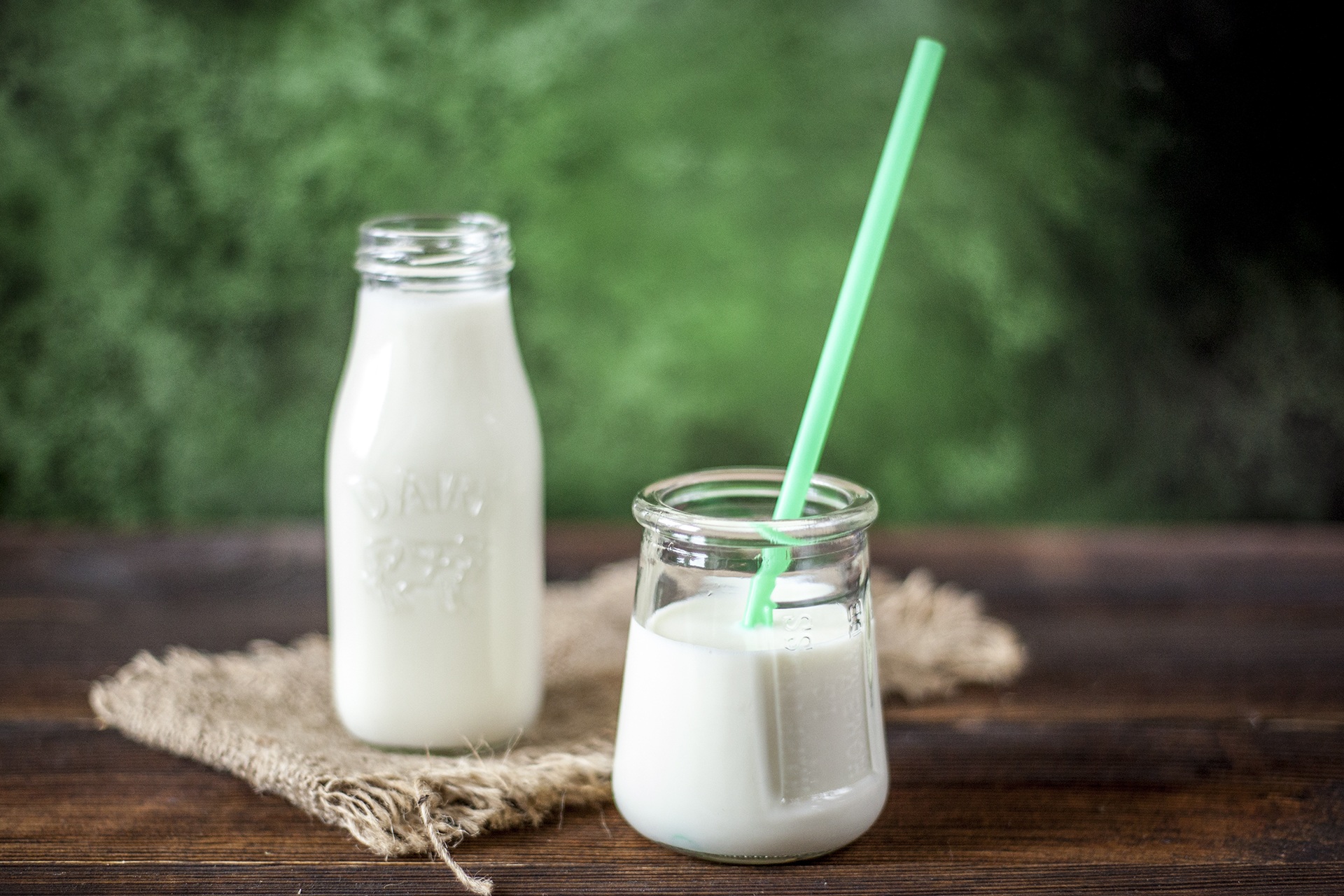We often hear lactose intolerance conflated with an “allergy” but it is important to understand the difference between lactose intolerance vs. a milk allergy. As someone with a nut allergy, I don’t mess around with allergies. The question of whether people with a dairy allergy can have our ice cream is one of the more important distinctions we can make.
An intolerance is not an allergy.
A food intolerance does not involve the immune system, while an allergy is caused by an immune system malfunction. In this malfunction, the immune system identifies certain proteins as harmful, triggering a series of allergic reactions. Reactions can be as severe as anaphylaxis. The two proteins in like are casein and whey, not lactose. Lactose is a sugar found in milk.
Lactose intolerance is a digestive issue and rarely harmful.
Lactose intolerance is caused by a deficiency of the enzyme, lactase, which is needed to digest the sugar (lactose) in dairy. Lactase breaks down lactose into single digestible sugars. Without it, lactose remains a double sugar that cannot be digested. The body will respond with uncomfortable gastrointestinal symptoms like gas or diarrhea.
Lactose intolerance is more common.
Lactose intolerance is more common, affecting over 50 Million people in the United States, and can develop over time. It is typically genetic and can be even more common in some populations.
Those with lactose intolerance can enjoy lactose-free dairy.
Lactose-free dairy is a great option for those with lactose intolerance because lactase enzyme is added. However, those with a dairy allergy cannot enjoy lactose-free dairy because the proteins still remain.
While we wish everyone could enjoy our ice cream, it isn’t suitable for those with a milk – whey or casein- allergy. We encourage everyone to find the products that work best for you and your individual health needs. But don’t forget that there is a difference between lactose intolerance and a milk allergy.
For more information, look at the Mayo Clinic’s page about milk allergies.






